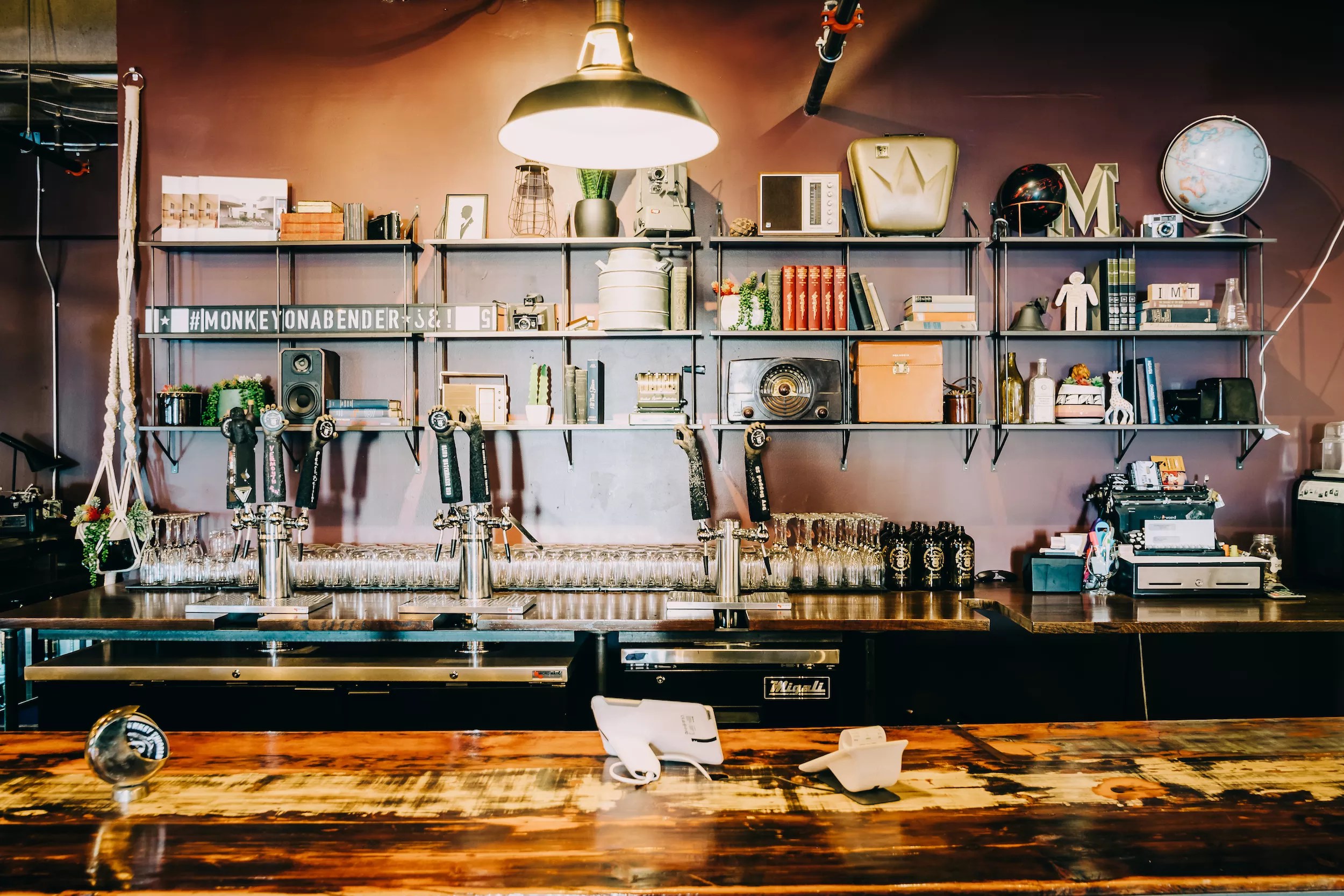
Molly Martin

Audio By Carbonatix
Innovation defines the sixteen years of the Infinite Monkey Theorem‘s existence as a Colorado winery. Founder Ben Parsons bottled his first wines in 2008 and sold them from an old warehouse near West Fifth Avenue and Santa Fe Drive, and the business would still have been a trailblazer even without those innovations that put the winery on the radar of even the most traditional sommeliers and restaurants.
But Parsons was driven by the desire to create a winery for everyone. “Wine-making can happen anywhere, so why not go where everyone is and engage the local community to go out and advocate on your behalf?” Parsons asked in a 2017 Westword interview.
Parsons was prophetic in his assessment of Denver, and specifically RiNo, as the place everyone wanted to be, and his wines captured the gritty fun and DIY spirit of a city rebounding from the 2008 Great Recession and growing so fast that construction cranes became a sight more common than views of the snow-capped peaks they were blocking.
Back in 2012, when Infinite Monkey moved to 3200 Larimer Street, an urban winery was a novel concept, and the winery’s new home in a neighborhood that people were just starting to call RiNo seemed like a risk, as did serving wine made solely with Colorado grapes – from kegs and cans, no less.
Parsons left Infinite Monkey Theorem in 2020, and since then no amount of monkeys banging away on typewriters could have created a tale to match the changes to the world, the booze industry, and our own city that have made it harder and harder for a small business to compete. And it’s under these circumstances that Infinite Monkey Theorem has made the decision to cease wine-making operations and close the Larimer Street tasting room at the end of 2024.

The Infinite Monkey Theorem Urban Winery has been serving wines at this RiNo bar since 2012.
Courtesy of The Infinite Monkey Theorem
“It’s been a tough time for the industry,” says Nicki McTague, who joined Infinite Monkey Theorem in 2012 and took over as president and CEO in 2020. “Zero-alcohol beverages have seen the most growth, and wine sales have been drastically decreasing.”
The decision to close came only after exploring “every option to try to continue our legacy,” she adds, “but with the rising costs surrounding rent, inventory and labor, there is no way for our small business to succeed, despite our best efforts.”
In addition to Infinite Monkey’s innovations in wine production and packaging, McTague says she’s most proud of the connections with the Denver community that she and the company have nurtured, especially since post-pandemic challenges forced Infinite Monkey Theorem to scale back from the national growth that had included placement on Frontier Airlines flights, a winery in Austin, Texas, and accounts beyond Colorado borders. The company turned instead to its new image as a woman-owned business that built partnerships with nonprofits like Can’d Aid and the University of Colorado Cancer Center.
“I’m so thankful to our staff and our customers, both locally and nationally, that have helped make us who we are,” McTague says.
Infinite Monkey Theorem helped wine lovers find wines made with Colorado-grown grapes and helped propel the industry to greater recognition; McTague notes that newer producers like Carboy and Sauvage Spectrum were able to take Infinite Monkey Theorem’s early success and build on it. “I’m super-impressed with these wineries,” she adds. “It’s a tough time for the industry, but I’m excited about what the Colorado Wine Board has been able to accomplish.”
Over the years, the Infinite Monkey Theorem winery and tasting room has hosted countless food trucks, fundraisers and special events, including James Beard Foundation dinners with some of Denver’s top chefs. The taproom will remain open and will continue to host community events through December 31, and the current inventory will continue to be on sale on shelves in area liquor stores.
And after that, McTague says, “If someone would be open to buying the brand, we’d be open to that.”